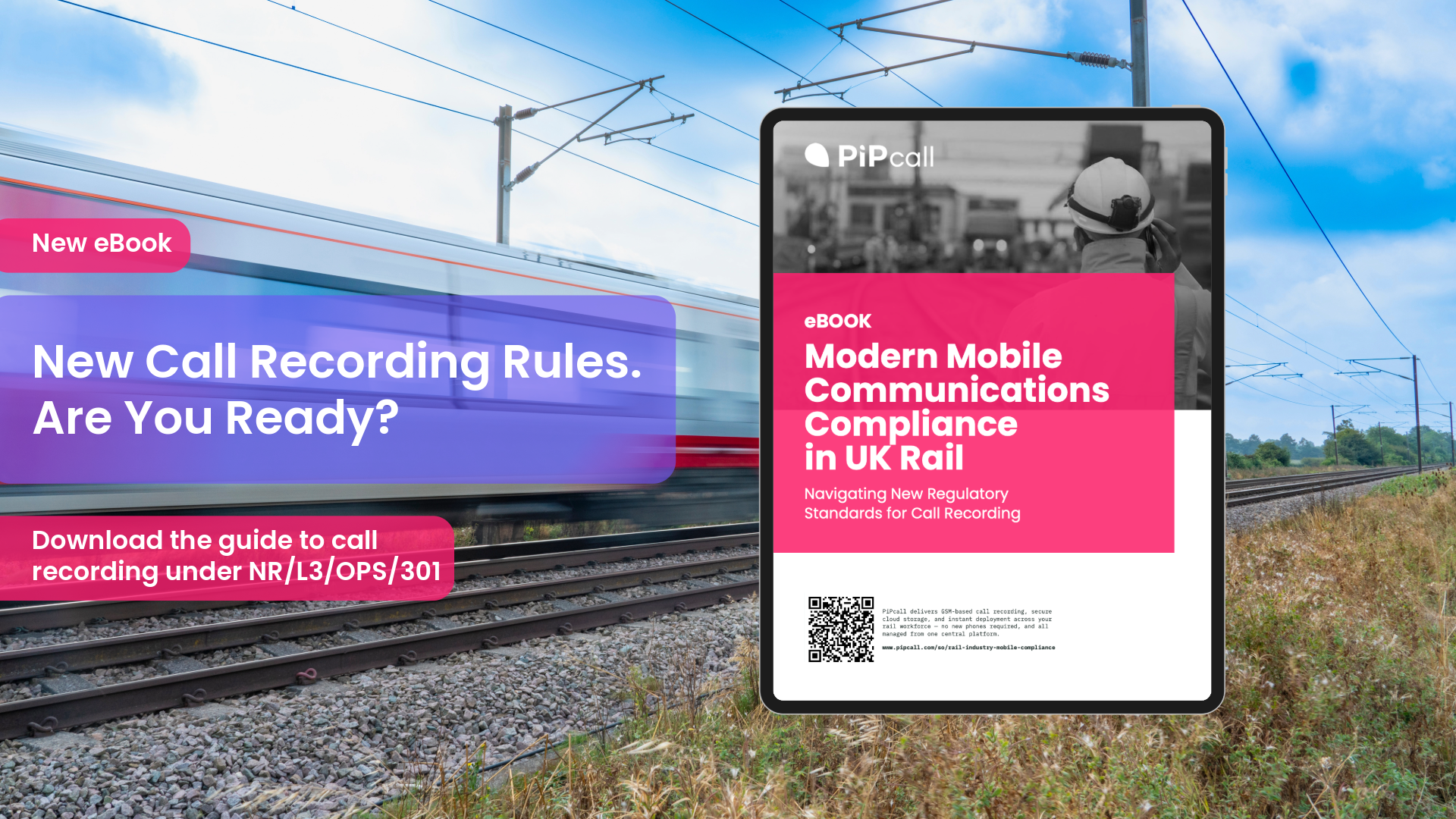For businesses, managing mobile communication costs efficiently can be a key factor in maintaining a healthy bottom line. Compared to consumer plans, business SIM solutions offer several cost-saving opportunities. In this article, we explore how business SIMs help control expenses, break down potential savings, and provide guidance on managing mobile communication costs in a Bring Your Own Device (BYOD) environment.
Breakdown of Potential Savings Compared to Consumer Plans
Bulk Discounts and Tailored Plans
One of the primary advantages of business SIMs is the potential for bulk discounts and tailored plans that cater specifically to a company’s needs. Unlike consumer plans, which are often designed for individual users, business SIMs can offer significantly reduced rates for companies that need to manage multiple devices under one contract.
For instance, providers such as Vodafone, EE, and O2 in the UK offer business SIM plans that provide greater value as the number of SIMs increases. These plans are typically structured to offer more favourable pricing for data, voice, and text services compared to individual consumer plans, resulting in substantial savings for businesses.
International and Roaming Savings
Business SIMs often come with tailored roaming packages that can significantly reduce the costs associated with international travel. For companies with employees frequently travelling abroad, business SIMs provide the flexibility to switch to local networks or access discounted roaming packages, avoiding high roaming fees commonly associated with consumer SIMs.
For example, business customers might benefit from pre-negotiated international data plans, which reduce the risk of bill shocks and enable continuous connectivity at lower costs than a standard consumer roaming package.
Features That Help Control Expenses
Data Pooling and Spend Caps
One of the most effective ways to control mobile communication costs is through data pooling. Business SIM plans typically allow companies to pool data across multiple users, ensuring that unused data from one employee can offset higher usage from another. This prevents the need for overage charges, as the collective data usage is balanced across the workforce.
Spend caps are another critical feature. These allow businesses to set limits on how much an employee can spend on data or additional services, ensuring that any unexpected usage doesn’t result in excessive charges. By leveraging these tools, businesses can keep their mobile costs predictable and under control.
Flexible Contract Options
Business SIM plans usually come with flexible contract terms that can be adjusted as a company’s needs change. Whether a business needs to scale up during a period of growth or downsize during a period of transition, business SIM contracts allow companies to adapt their mobile communication needs without incurring penalties often associated with consumer contracts.
For example, short-term contracts or 30-day rolling contracts are popular among businesses with seasonal workers or temporary staff. These allow companies to maintain flexibility while avoiding long-term commitments.
ROI Calculation for Switching to Business SIMs
Calculating the Return on Investment
To calculate the ROI of switching to business SIMs, companies need to consider both direct savings and indirect operational benefits.
- Direct Cost Savings: Compare the total cost of consumer SIM plans with the bulk discounts, data pooling, and roaming savings offered by business SIMs. In most cases, the overall monthly expenditure per employee will be significantly lower with a business plan.
- Operational Efficiency: Business SIMs provide enhanced management features, such as remote provisioning and monitoring, which reduce administrative overhead and IT resource expenditure. This operational efficiency translates to indirect cost savings, as less time is spent managing individual accounts or dealing with connectivity issues.
Balancing Long-Term Savings
Over the long term, the cost savings associated with cheap business SIM deals can accumulate, providing a substantial return on investment. For companies with large mobile workforces or global operations, the potential savings in roaming costs and streamlined device management can make a noticeable impact on the budget.
Managing Costs and Data Plans with a BYOD Environment
Data Security in BYOD Environments
In a BYOD environment, where employees use their own devices for work purposes, managing mobile communication costs can be complex. However, business SIM solutions can offer tailored plans that keep work and personal data usage separate, allowing companies to cover work-related costs without interfering with an employee’s personal usage.
By implementing eSIMs or dedicated business SIMs for work-related communications, companies can monitor and manage data usage more effectively. Spend caps and data pooling features ensure that business communication remains efficient and cost-effective, even when using employee-owned devices.
Simplifying Expense Management
With the rise of remote and hybrid work models, managing costs in a BYOD environment has become a challenge for many organisations. Business SIM solutions simplify this by providing centralised management of data plans and expenses. Companies can set up automatic data limits, monitor usage, and adjust plans based on real-time needs, all while ensuring that employees have the mobile connectivity they need to stay productive.
Conclusion: Maximise Efficiency with Business SIMs
Switching to business SIMs offers a range of financial and operational benefits for UK businesses. From reduced roaming charges to cost-effective bulk management, business SIMs provide the tools needed to manage mobile communications more efficiently. In a BYOD environment, business SIMs enable companies to separate work and personal costs, providing a clear and manageable solution for mobile connectivity.
By evaluating the potential savings and ROI, businesses can ensure that their communication costs remain under control while maintaining flexible and reliable connectivity for their employees.



.png)



